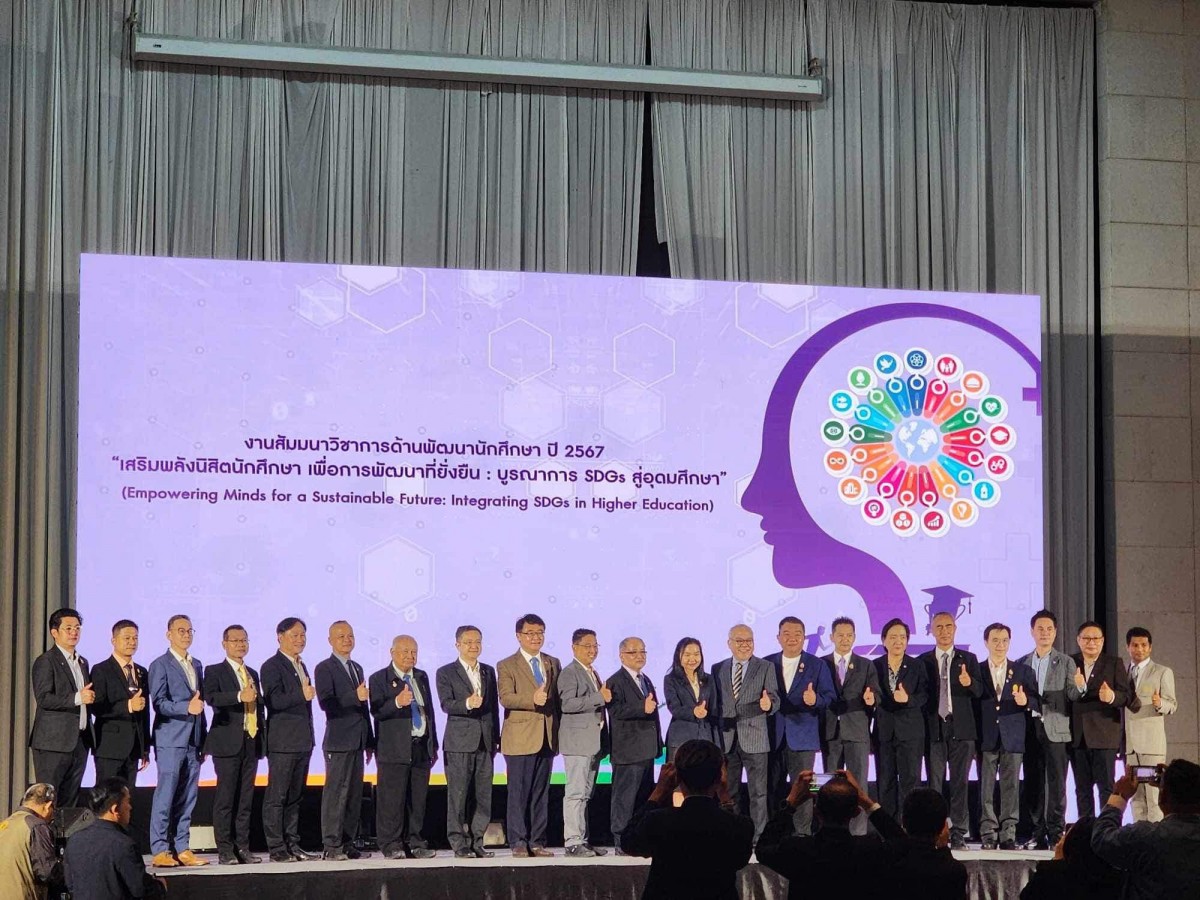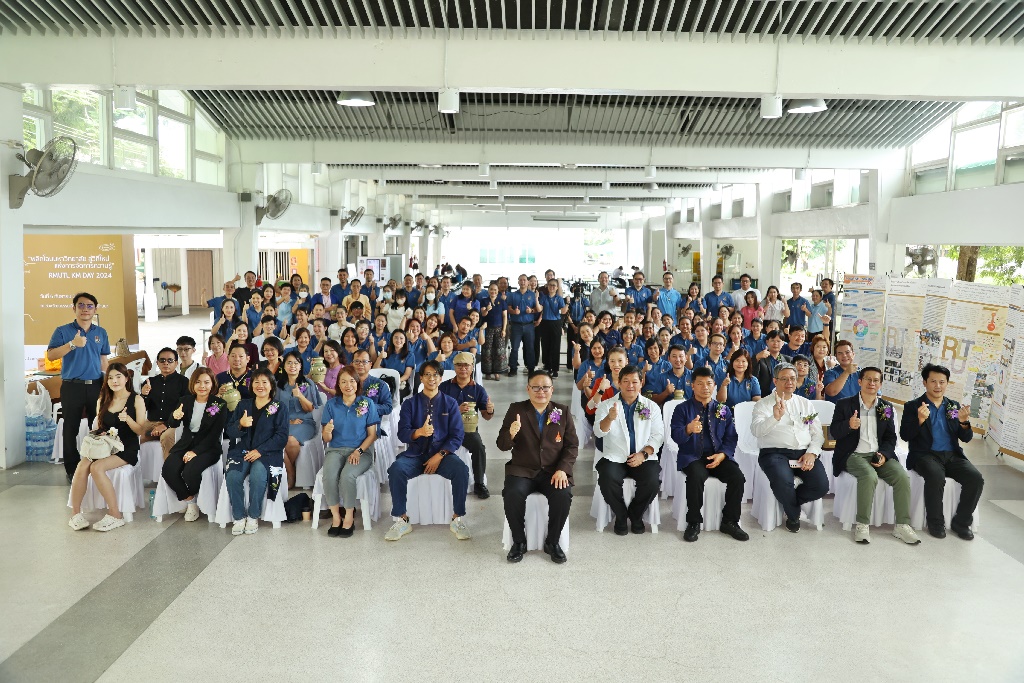Rajamangala University of Technology Lanna (RMUTL) actively evaluates students’ ability to learn and retain key concepts of sustainability through both curricular and co-curricular approaches that integrate the Sustainable Development Goals (SDGs) into higher education. Although a formal sustainability literacy test is not yet conducted university-wide, RMUTL measures and monitors students’ understanding of sustainability through various mechanisms embedded in academic and student development programs.
1. Curriculum Integration and Learning Assessment
RMUTL incorporates sustainability concepts—such as responsible consumption, environmental stewardship, social equity, and economic resilience—across general education and specialized courses. Each program includes learning outcomes aligned with the SDGs, and faculty members use both formative and summative assessments (e.g., projects, portfolios, reflective essays, and community-based learning reports) to evaluate students’ comprehension and ability to apply sustainability principles in real-world contexts.
Departments review these outcomes regularly to ensure students retain and demonstrate sustainability literacy across different stages of their studies.
2. Experiential and Co-curricular Learning
Under the leadership of Assoc. Prof. Akkhasajja Duangsuphasin, Vice President for Student Affairs and Alumni Relations, RMUTL emphasizes student engagement through practical experiences such as community service, innovation projects, and student leadership programs.
For instance, RMUTL students and staff participated in the 2024 national seminar “Empowering Minds for a Sustainable Future: Integrating SDGs in Higher Education”, which promoted knowledge exchange on sustainability development and leadership skills. Activities like this serve as informal yet structured methods to evaluate students’ awareness, attitudes, and capacity to act on sustainability challenges.
3. Continuous Improvement and Institutional Learning
The university’s Division of Student Development collaborates with academic departments to collect evidence from student activities, competitions, and innovation showcases to measure progress toward sustainability goals. These data inform RMUTL’s annual reports and strategic plans, ensuring that student sustainability literacy is not only taught but also continually strengthened.




